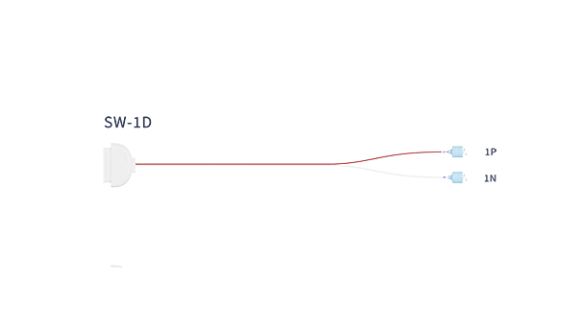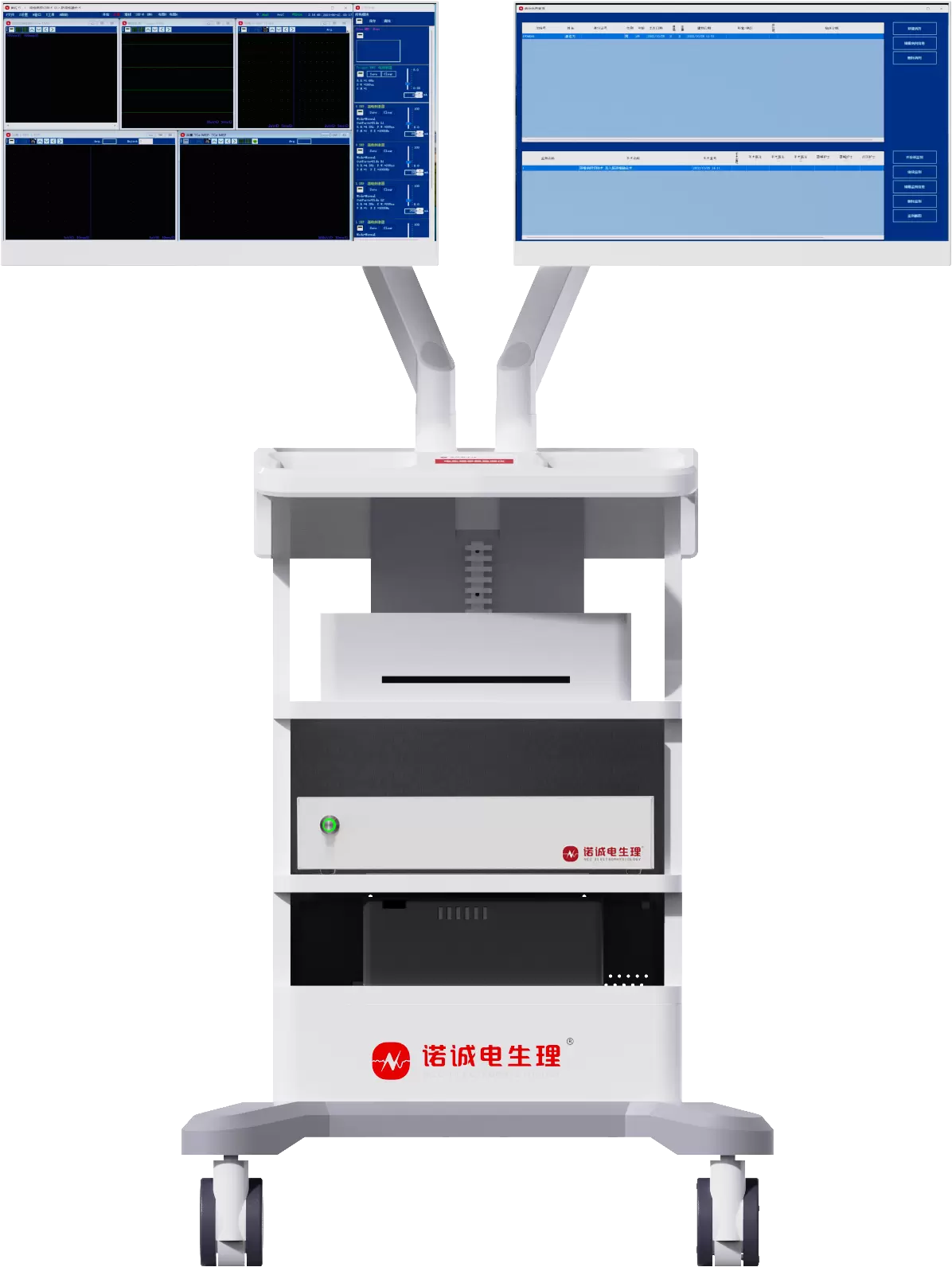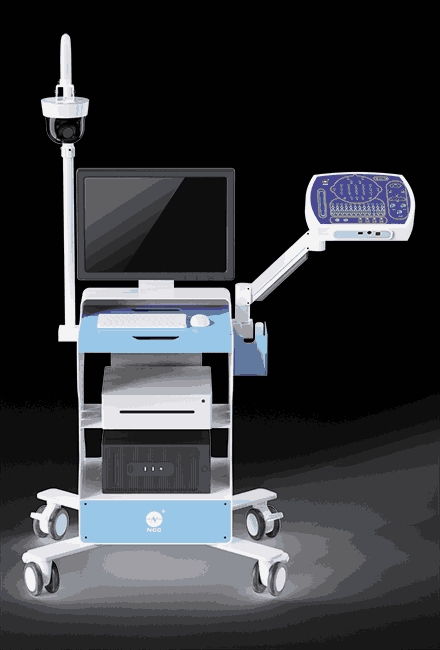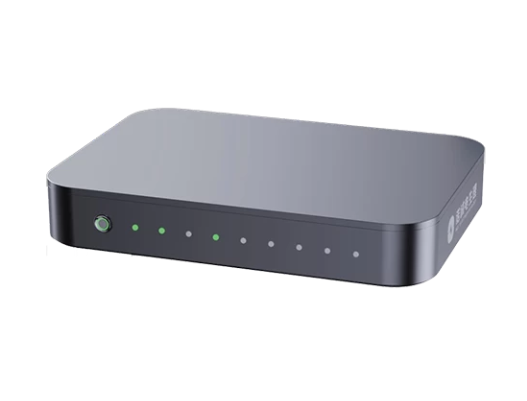How to Properly Dispose of Used Corkscrew Needle Electrodes to Ensure Safety
In the medical field, the use of disposable corkscrew needle electrodes is essential for various procedures, providing accurate data acquisition and enhancing patient safety. At NCC, our integrated disposable corkscrew needle electrodes are designed for optimal performance, featuring an integrated design that minimizes error rates and enhances waveform accuracy. However, proper disposal of these electrodes is crucial to ensure safety and compliance with health regulations. This blog will guide you through the steps for safely disposing of used corkscrew needle electrodes.

1. Understand Local Regulations
Before disposing of any medical waste, it’s essential to familiarize yourself with local regulations regarding the disposal of biohazardous materials. Different regions may have specific guidelines on how to handle and dispose of used medical devices, including corkscrew needle electrodes.
2. Use Designated Sharps Containers
Always dispose of used corkscrew needle electrodes in designated sharps containers. These containers are specifically designed to safely hold sharp objects and prevent injuries. Ensure that the container is puncture-resistant, leak-proof, and labeled appropriately as "sharps."
3. Do Not Overfill Containers
When disposing of used electrodes, avoid overfilling sharps containers. Each container should be filled only to the designated fill line or three-quarters full at most. Overfilled containers can pose a risk of spillage or injury during handling.
4. Seal Containers Properly
Once a sharps container is full, seal it according to the manufacturer’s instructions. This may involve securely closing the lid or using a locking mechanism to prevent accidental opening. Proper sealing helps contain any potential contaminants.
5. Arrange for Safe Disposal
Coordinate with your facility’s waste management team or a licensed medical waste disposal service to arrange for the safe collection and disposal of filled sharps containers. Ensure that they follow all local regulations and guidelines for transporting and disposing of medical waste.
6. Educate Staff on Disposal Procedures
Training staff on proper disposal procedures is crucial in maintaining safety standards in your facility. Conduct regular training sessions to ensure that all personnel are aware of how to dispose of used corkscrew needle electrodes correctly.
7. Document Disposal Practices
Maintain records of disposal practices for accountability and compliance purposes. Documenting the disposal process can help track the volume of medical waste generated and ensure adherence to regulatory requirements.
8. Consider Environmental Impact
While proper disposal is essential for safety, consider exploring environmentally friendly options for managing medical waste when possible. Some facilities are adopting sustainable practices that minimize environmental impact while ensuring safety.
Conclusion
Proper disposal of used corkscrew needle electrodes is vital for maintaining safety in healthcare environments. By following these guidelines—understanding local regulations, using designated sharps containers, avoiding overfilling, sealing containers properly, arranging for safe disposal, educating staff, documenting practices, and considering environmental impact—you can ensure compliance and protect both staff and patients from potential hazards. At NCC, we are committed to providing high-quality medical solutions while prioritizing safety in all aspects of healthcare operations. If you have any questions about our products or need further assistance with disposal practices, feel free to reach out!

 中文
中文 Arabic
Arabic Spanish
Spanish Hindi
Hindi French
French Indonesian
Indonesian Portuguese
Portuguese Persian
Persian Russian
Russian Korean
Korean German
German Vietnamese
Vietnamese Turkish
Turkish



